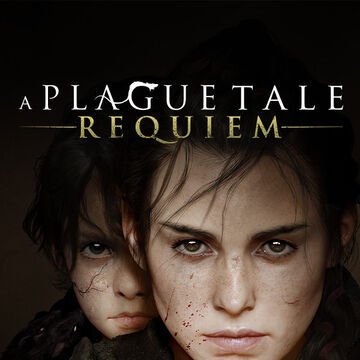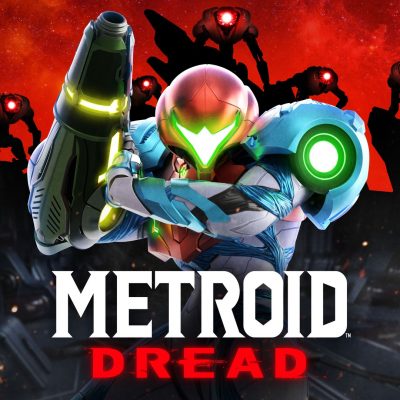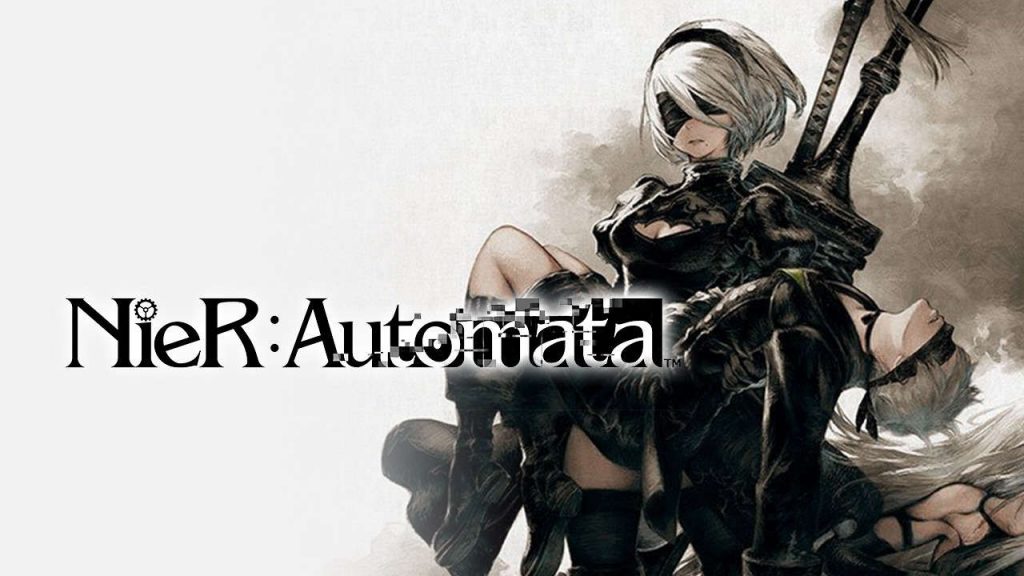
If there is one thing Nier: Automata can positively be pointed out for is how it goes against the traditional grain of the open world style of gaming. While other games tend to fill their worlds with bright colors and a large sense of life within the world they have built, Nier: Automata is content to do exactly the opposite and present an open world that is dreary, post-apocalyptic and devoid of any sign of human life. The desolation and despair of the visuals carries through its story as well and though some things miss the mark, Nier: Automata presents something different for the Action/RPG genre and for the most part, gets it right despite some small grievances brought the overall experience down for me.
Most open world games thrive with bustling cities and crowds being seen throughout large expansive vistas to draw in and have the player feel immersed in the setting. Nier: Automata is perfectly fine with chucking all that out the window and instead deliver its tale of robots trying to find purpose in a world where no humans remain. You’ll meet a lot of androids who have personality and may be seen as weird or strange but most familiar with the Drakengard and Nier series are used to the quirkiness that is found in this universe. Regardless of how the game may appear to be strange, the characters you meet and the overarching storyline are what keep you wanting to play through the game and combined with a fast and frenetic battle system, it also offers an addictive sense of play.
While Nier: Automata sports the stylish fast paced game play found in standard Platinum Games titles like Bayonetta it also switches it up by diving into segments that play out like a top-down shooter to add in variety and even an 8-bit hacking mini-game that first pops up during a boss fight and becomes an actual game mechanic as you progress through the adventure. While neat, it doesn’t feel like a meaningful addition mostly due to how abrupt it pops up with little to no warning and instead comes across as a game play chore as you’re forced to play in a style that at first doesn’t fit the game world and it is clear the player would rather be hacking and slashing. The game does wisely keep the core mechanics in place whether you are in the 3-D or 2-D hack and slash mode and even when you’re in a mech and the bullet hell sequences return to keep you on your toes. However, it being an action RPG, the progression system feels a little lacking and truly is what prevents the game play from achieving any sort of novel praise. You will acquire new weapons with different attack speeds and combo’s but none feel variable enough to warrant any sort of progression investment and I was content to stick with the weapon set I acquired in the beginning of the adventure, upgraded and stuck with that loadout for the entire game.
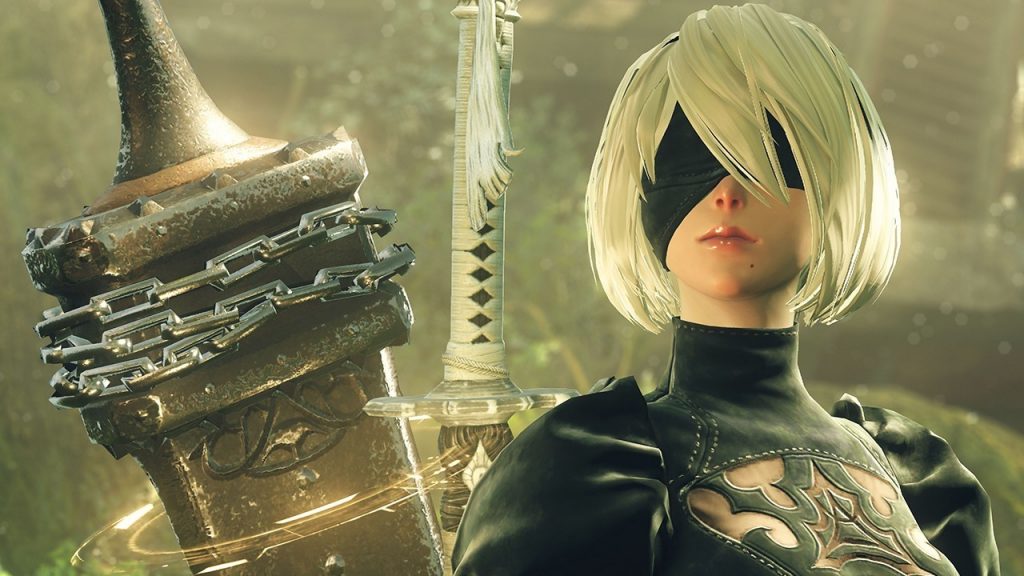
The game’s Plug-In system is really where the game could have shined and I feel like it wasn’t implemented fully enough. You’ll find chips that you can equip to your character that will provide certain bonuses like increased melee attack damage to health regeneration, and since their capacity is limited you’ll want to find the ones with the best bonuses to maximize any benefit you may want or focus on Pod upgrades so you can carry more. However, the system only provides percentage boosts and does nothing to help in the process of trying to diversify your weaponry or attack method. It feels more like a check off the box of things to have in an RPG than a full-fledged mechanic with some usability. You’ll find yourself just slapping in the best health regeneration chip and going to town on the game’s mechanical enemy army and ignoring anything else the system provides you.
Another flaw of Nier: Automata that will no doubt stick out like a sore thumb is the sense of repetition and monotony. The full story is told across multiple campaigns each with their own unique endings and even has you go back through areas you have already been through, complete with the same fight encounters and scenarios. Why and how this happens is actually one of Nier’s strongest story points but is hampered down by being forced to replay areas and fights you’ve seen before rather than offer anything new. After reaching the true ending (there are 5 main endings with 26 in total) and doing most of the side quests, I had played through roughly 30 hours of Nier and with that, the actual time of worthwhile game may have been just shy of 10-12 hours of actual game, and then it gets cut up and redistributed under the eyes of a new protagonist to see their side of the story. This is lazy design for me and my biggest issue with games that do this is I feel like I played half of a game and then it force-fed me the same levels with the same boss fights and the only difference was who I played as.
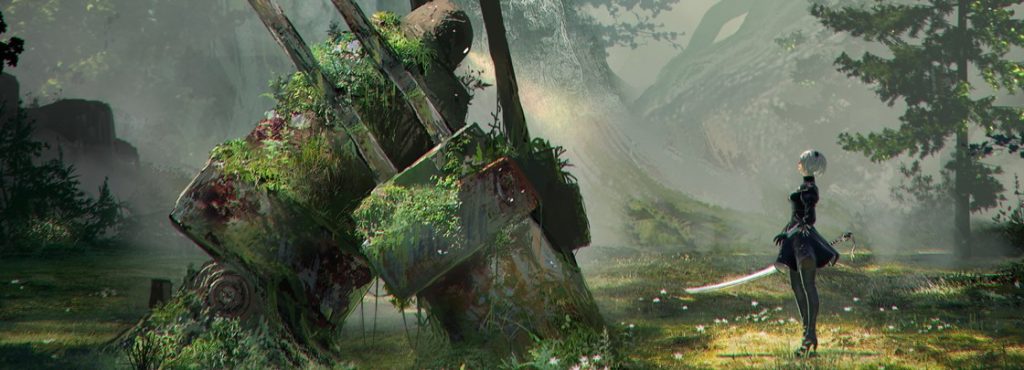
The game’s saving grace for this is that the story builds up rather nicely across all the campaigns and keeps you invested in to what is happening with the different points of view. You’ll start as main protagonist 2B and upon completing her story you’ll unlock her companion, 9S’ story and then a mysterious 3rd character’s campaign follows that. I’ll refrain from any story spoiler involving who this character is but know that it is integral to the story and offers the best sense of why this game delivers its narrative so well. The first two play throughs are essentially set for world building and once those stories are done, it’s almost as if you unlock the sequel within the game itself. Unfortunately, with the repeated levels and encounters, the opening campaign slogs it down to a degree of tediousness that may turn off some.
Nier: Automata has mixed parts that genuinely excited and surprised me, but too much of it is marred down by monotonous game play and repetitive story bits. Thankfully the characters and overall story are compelling and interesting and the game does contain an immensely impressive soundtrack and is probably some of the best music I have ever heard in a video game to go along with all the crazy and intense combat. The premise goes a long way to being engaging by tapping heavily into its tale of loneliness, desperation and despair but falls short with game play ideas that aren’t fully realized and devolves into a repetitive game experience at certain points and some amazing and jaw dropping moments in others. Despite all that, I do recommend that Nier: Automata is at least experienced in some way, shape or form. Fans who have followed these games and the series since the Drakengard days will no doubt embrace this title and I did enjoy what good was in it, but overall felt a little disappointed at some design decisions placed in the game.



